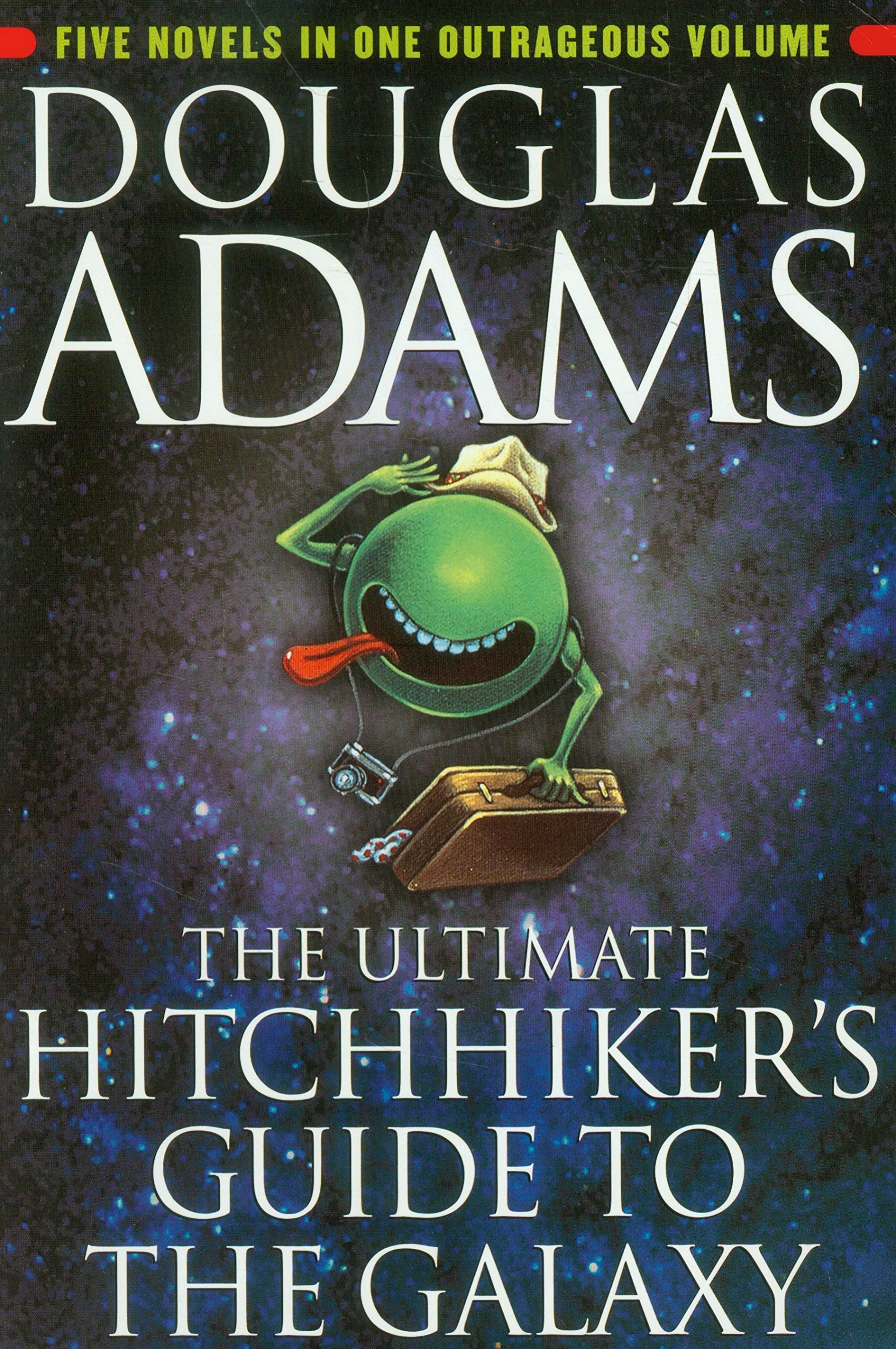 Hitchhiker's Guide to the Galaxy by Douglas Adams was far and wide my favorite thing about this semester. I loved listening to the radio broadcast and hear the characters come to life in front of me. The way the genre tropes were presented so comically made them clear to understand and discuss in class. I specifically enjoyed the opening of the broadcast, with the severe irony of the character's home being bulldozed, and then the Earth being bulldozed after it. After the first episode, I pondered on the creativity and original storytelling made use of in this story using science fiction as their framework. The story was great, and it got me excited to see the movie.
Hitchhiker's Guide to the Galaxy by Douglas Adams was far and wide my favorite thing about this semester. I loved listening to the radio broadcast and hear the characters come to life in front of me. The way the genre tropes were presented so comically made them clear to understand and discuss in class. I specifically enjoyed the opening of the broadcast, with the severe irony of the character's home being bulldozed, and then the Earth being bulldozed after it. After the first episode, I pondered on the creativity and original storytelling made use of in this story using science fiction as their framework. The story was great, and it got me excited to see the movie.This class taught me more about genres than I thought was possible, but above all else it kept me reading and sane during a crazy semester of thesis projects and sleepless nights. I enjoyed the class discussions and what I took away from every class prepared me for the next one. I hope to continue in my genre study as I work to present them in children's books in the future.

